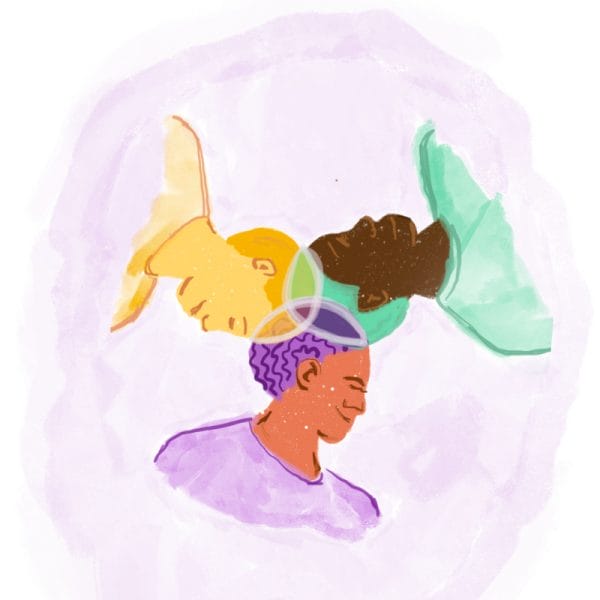Exploring Opportunities to bring an Evidence-Based Social Media Application for Mothers to New Contexts
Research has shown that social support and social connection are important factors in the mental health of young mothers. Furthermore, we know that the mental health of mothers is incredibly important for the healthy development of children. If a mom is too depressed to get out of bed for example, it will be incredibly difficult for her to engage with and read to her young child. What the lived experiences of mothers tell us, and research increasingly corroborates, is that when mothers feel they have strong support systems and other local mothers to share in their journey of parenting their children are more likely to thrive too1.
That’s why Elevate (a policy lab at Yale School of Medicine) and Hopelab recently teamed up in a collaboration focused on the MoMba® app, a social media application designed to strengthen the mental health of mothers as well as their connections with their young children. The app was originally developed as part of the Mental health Outreach for MotherS (MOMS) Partnership®, which Elevate is working to scale to new communities across the U.S. MoMba provides a safe and supportive social network of local mothers by encouraging users to connect via interactive challenges and rewards.
While the app was initially piloted in New Haven, CT (where MOMS was originally founded in 2011), Elevate sought the expertise of Hopelab to begin thinking about opportunities to scale and test MoMba in new contexts. Together, Elevate and Hopelab worked to better articulate MoMba’s value proposition, talking to key stakeholders about potential opportunities for scaling the solution to other markets and contexts.



 Despite these challenges, it is clear that young people expect and want digital tools to include social networking components to help them connect with others like them and to get support from others who have gone through (or are going through) similar life and health challenges. Designers and innovators need to continue to work together to build digital tools that work both for the young person and for the stakeholders implementing and/or paying for the interventions.
Despite these challenges, it is clear that young people expect and want digital tools to include social networking components to help them connect with others like them and to get support from others who have gone through (or are going through) similar life and health challenges. Designers and innovators need to continue to work together to build digital tools that work both for the young person and for the stakeholders implementing and/or paying for the interventions.


